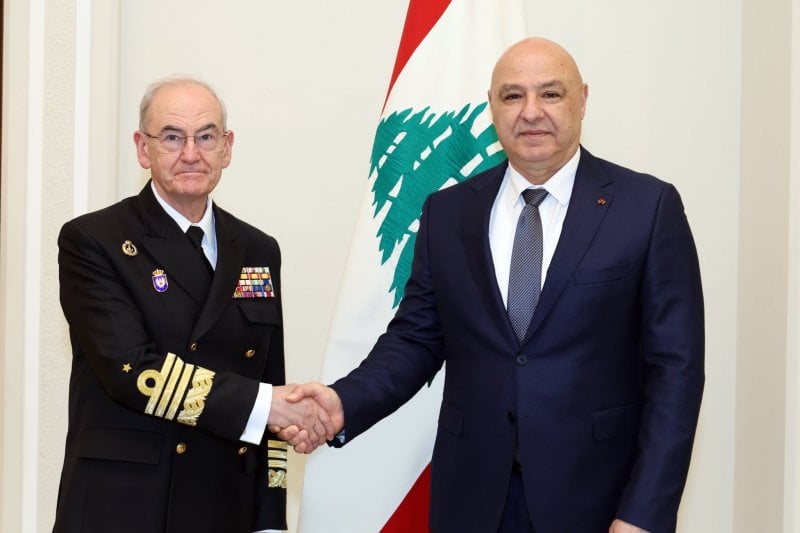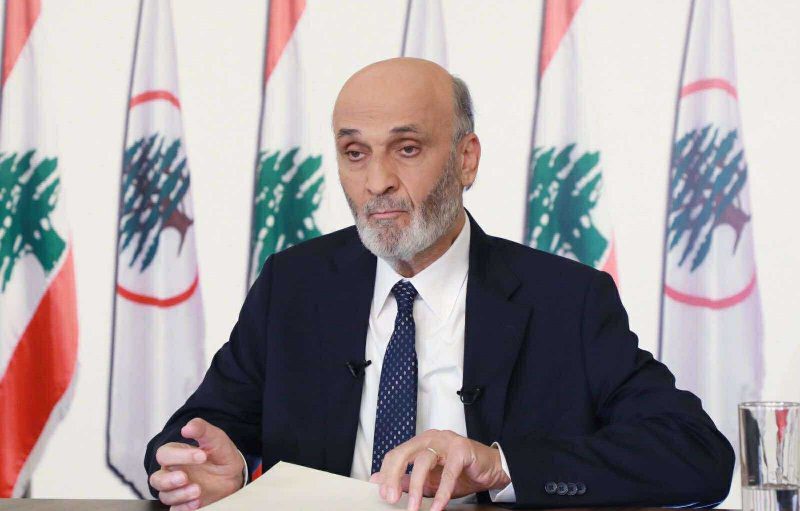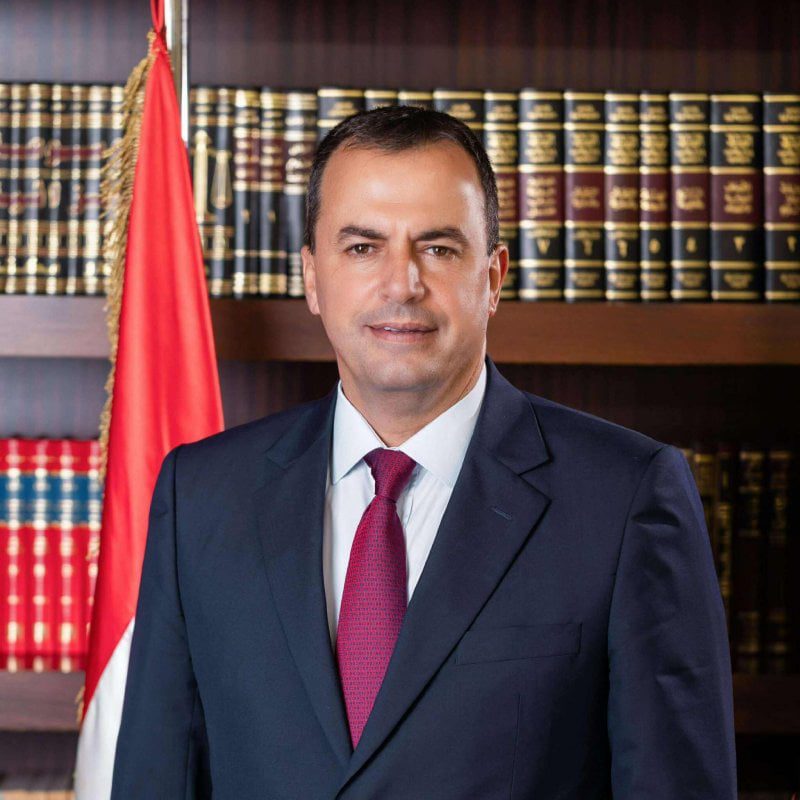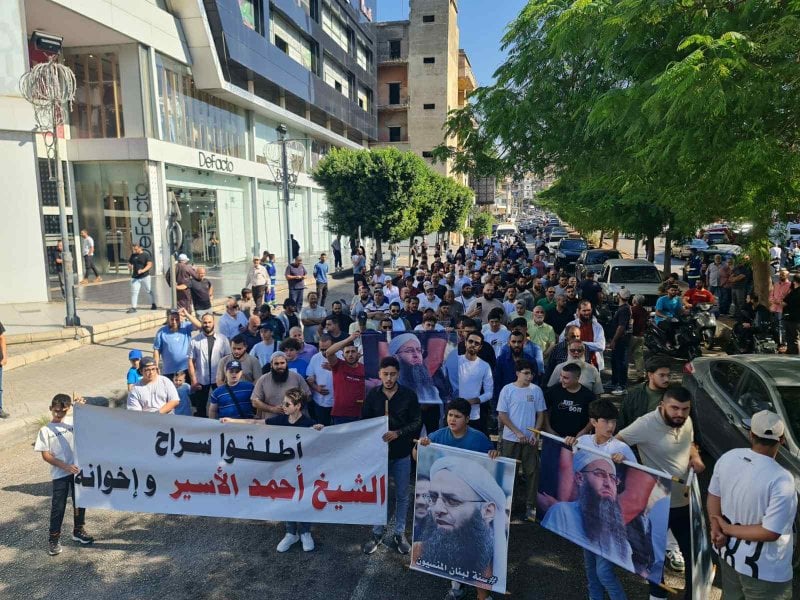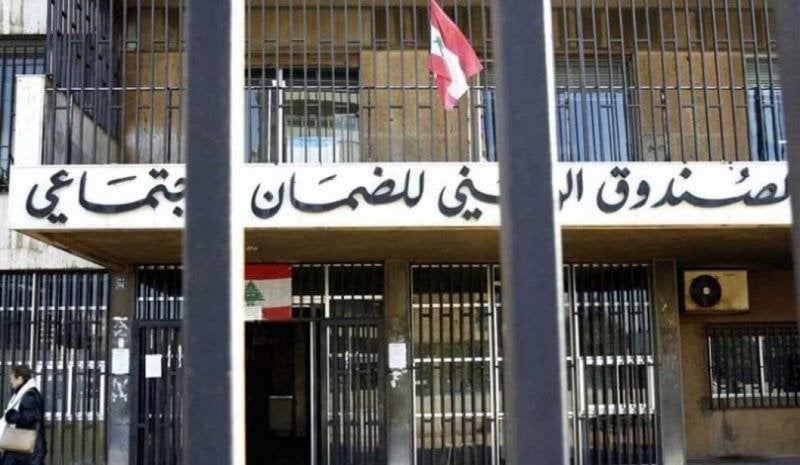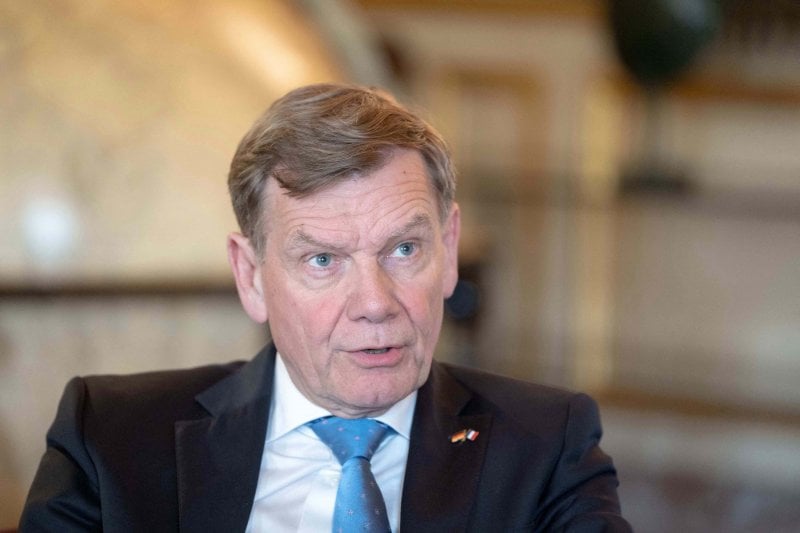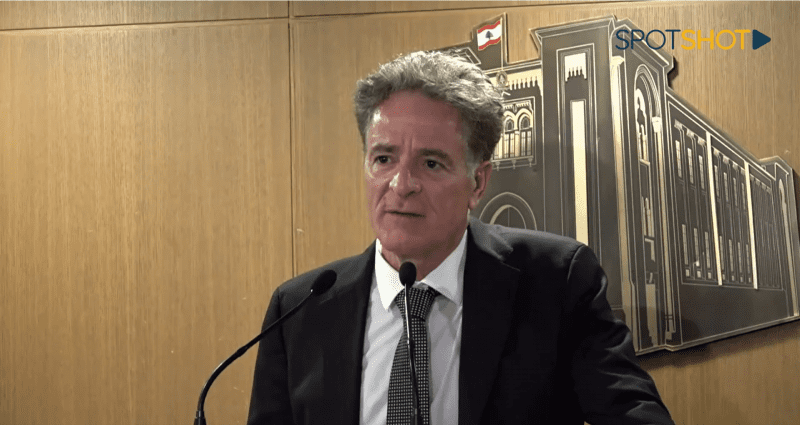
Jaradi continued, saying: “However, to take the expatriate vote as an electoral hostage to force the Parliament, presidency and members, to trade it for discussing Article 112 of the election law, this is an unacceptable behavior, if not an unacceptable exclusionary logic.”
MP Jaradi, who is an ophthalmologist, further explained: “We are not against discussing Article 112 of the election law, but the legislative logic requires us, as MPs entrusted with the interests of the people, to discuss all draft election laws placed before the sub-committee, including the draft that I submitted based on the constitution and the Taif Agreement, which includes elections from outside the sectarian register, in addition to all modern requirements and necessities for the candidate and the voter wherever they are, most notably the megacenters and the magnetic card.”
He stressed that “it is not permissible to select from draft laws what we want under the title of ‘urgent and repetitive,’ and leave the rest of the projects forgotten in the drawers to meet the fate of their predecessors submitted more than twenty years ago.”
Jaradi considered that “whoever believes that the expatriates’ vote will change the face of the parliamentary equation or turn the balance of power in their favor is delusional,” adding that despite his signing the parliamentary petition demanding that Lebanese expatriates vote for 128 MPs like residents, “we stand, in return, against disrupting legislative work in a way that contradicts the interests of the Lebanese, especially in light of local, regional and international scenes that do not inspire confidence, and require confrontation by fortifying the interior, not by driving more wedges between the Lebanese.”
In response to a question, he mentioned: “There is no doubt that the internal regulations of the Parliament need to be reviewed to close the loopholes in it, the most important of which is the concept of ‘urgent and repetitive’ which makes draft laws not carrying this characteristic lower in priority, so they are shelved in drawers for many years.”
He explained that “the core Lebanese problem that brought the country to the bottom lies in a system that allowed discretion and selectivity at the expense of the basics, just as happened in the implementation of the Taif Agreement, where administrative decentralization, the election law from outside the sectarian register, and the establishment of the Senate were its most prominent victims.”
Jaradi continued: “Lebanon today lacks statesmen of the caliber of Fouad Chehab, Salim El Hoss and others, and falls into the clutches of political leaders who divide the spoils and think they are practicing politics on the basis of the art of the possible, while the truth is that the art of the possible is creating opportunities and turning the impossible into reality, not turning reality into obstacles to achieve narrow gains, just as it happens in taking the expatriate vote as an electoral hostage.”
He concluded his statement by saying: “The success of the era in completing the municipal elections indicates the inevitability of its success in holding the parliamentary elections within their constitutional deadlines, especially since none of the parties dares to demand postponing the entitlement in the presence of a valid election law in its original form.”



